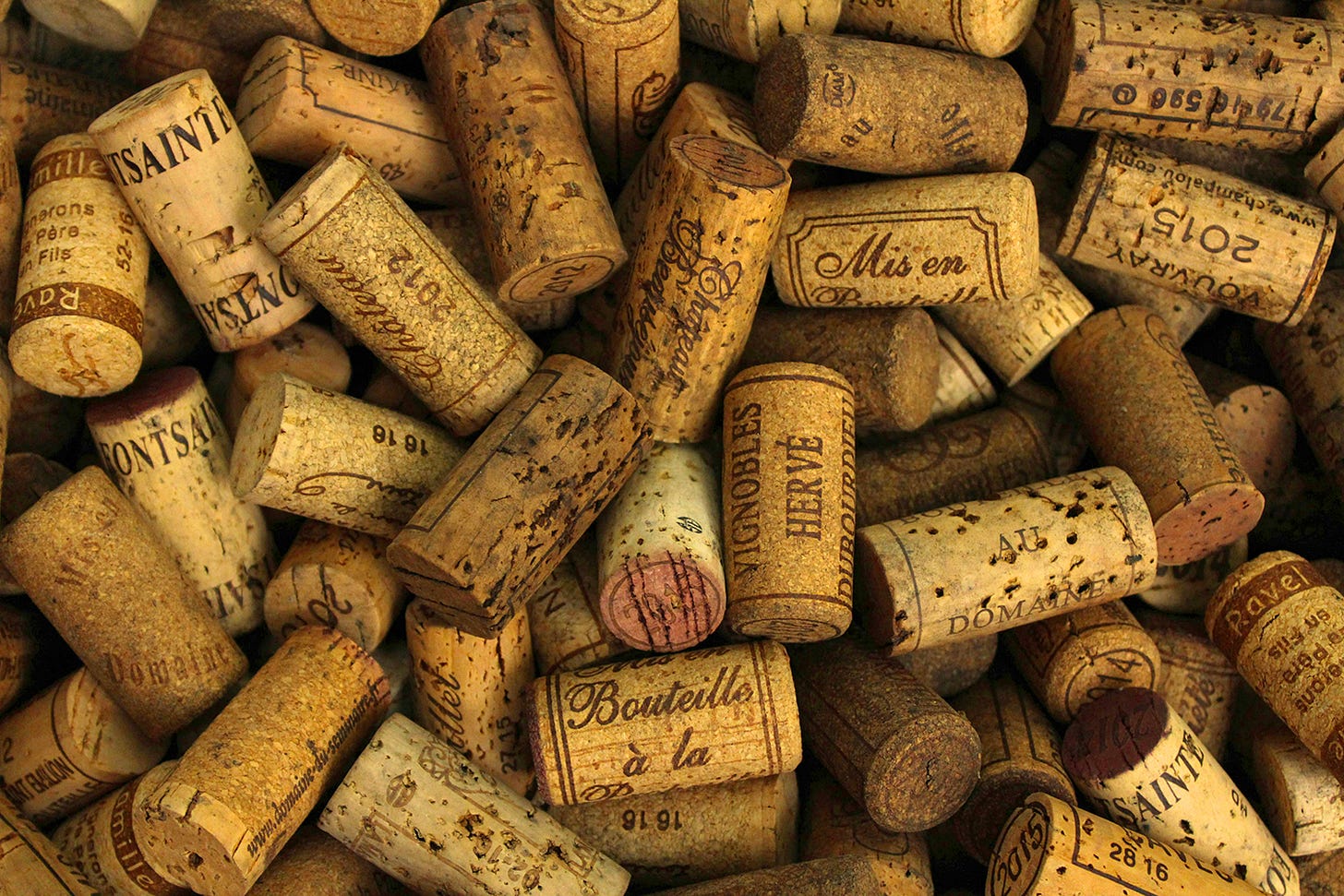#16 Should we stop labeling ourselves as alcoholics?
How to self-identify in a way that releases the shame of this disease

Alcoholic.
Problematic drinker.
In recovery.
Someone with a complicated relationship with alcohol.
A person with alcohol use disorder (AUD).
In 2023, 28.9 million people aged 12+ had AUD, and lots of us describe ourselves as alcoholics.
But I’m starting to wonder if that changed, would the veil of shame drop from this disease? And if it did, would more people be willing to talk openly about it?
I’d like to explore that today.
Words matter. A lot.
Especially to our sense of self.
Early in my recovery, Alcoholics Anonymous (AA) was a lifeline. Women and men welcomed me with open arms and gave me a place to cry and ask lots of questions. Like many others, I would introduce myself by saying, “Hi. I’m Mary Knox, and I’m an alcoholic.”
But somewhere along the way I found that label to be limiting. It felt like I was being pigeonholed into a box and that ‘alcoholic’ was all I could be in those rooms. So when I came back to AA for a short time, I started saying, “Hi. I’m Mary Knox. I am many things, one of which is a recovering alcoholic.”
Nearly five years later, even that is starting to lose its luster.
And yet, ‘alcoholic’ is how I describe myself to my eleven year old twin daughters and thirteen year old son when we talk about my history so they can anticipate the potential for theirs. It’s what I ask my mom and dad about when I excavate our family histories.
Why? Because it’s an easy shorthand for defining a complicated and nuanced-filled circumstance that differs from person to person. It’s a fast way to simply say, “Yeah, I’m one of you” in a room full of people and immediately be accepted just as you are.
And yet, I worry it’s a label with weight to overpower the potential for any other descriptor. Once you’re known as an alcoholic, people look at you differently. It’s true. Best-case scenario, people admire you. Worst-case scenario, they forever keep that label front and center.
Good or bad, when we think of someone as an alcoholic are we reducing them to a four syllable word?
It no longer fits me. But I don’t yet have an answer for what does.
I talked about this in my women’s recovery group this week. Outpatients from the same recovery center, we’ve met every week for the last four years. And this week’s discussion dove deep into the critical importance of how we choose to identify ourselves.
We posed the question: Does the language you use affect your willingness to disclose?
Disclosing is vulnerable. It’s intimate.
The fact that we’re in recovery is often our most guarded secret. And we keep it hidden because that four syllable word is loaded with negative connotations.
But there is immense power in telling your story. It weakens shame’s grasp. It releases the weight we carry. And it opens up the possibility of that which we all crave: human connection.
So what word should we use? How can we self-identify in a way that encompasses the struggle and the strength found in recovery? In a way that owns up to our failings yet keeps our morality in tact? How do we bear the responsibility of our actions while at the same time acknowledge the ubiquity of alcohol in our culture?
There are excellent conversations happening right now trying to expand the vocabulary of addiction (eg. This note and post from
), and the optimist in me thinks we’re close to having recovery be viewed in the same way as recovering from cancer or surgery.Can you imagine? A world without crippling shame? A world in which it takes days, not years, to step into the light to get help? Where we, like
, speak from within alcohol’s entanglement rather than “from the opposite shore, from a safe port, with the struggles existing in one’s rearview mirror”?As someone who has struggled with this disease for nine years and seen the power of connection to heal, that possibility is thrilling.
Yes, AUD will always be with me. But I have found strength I didn’t know was possible. Hope for a future I couldn’t have imagined. And peace within my soul for the gifts I was (and wasn’t) given.
Plus, I took this disease by the horns and wrestled it to the ground. I’m proud now to own this part of my history.
But how do I do that? How do I bottle up all of this into a single word or phrase that I can proudly stand behind and gift to others?



